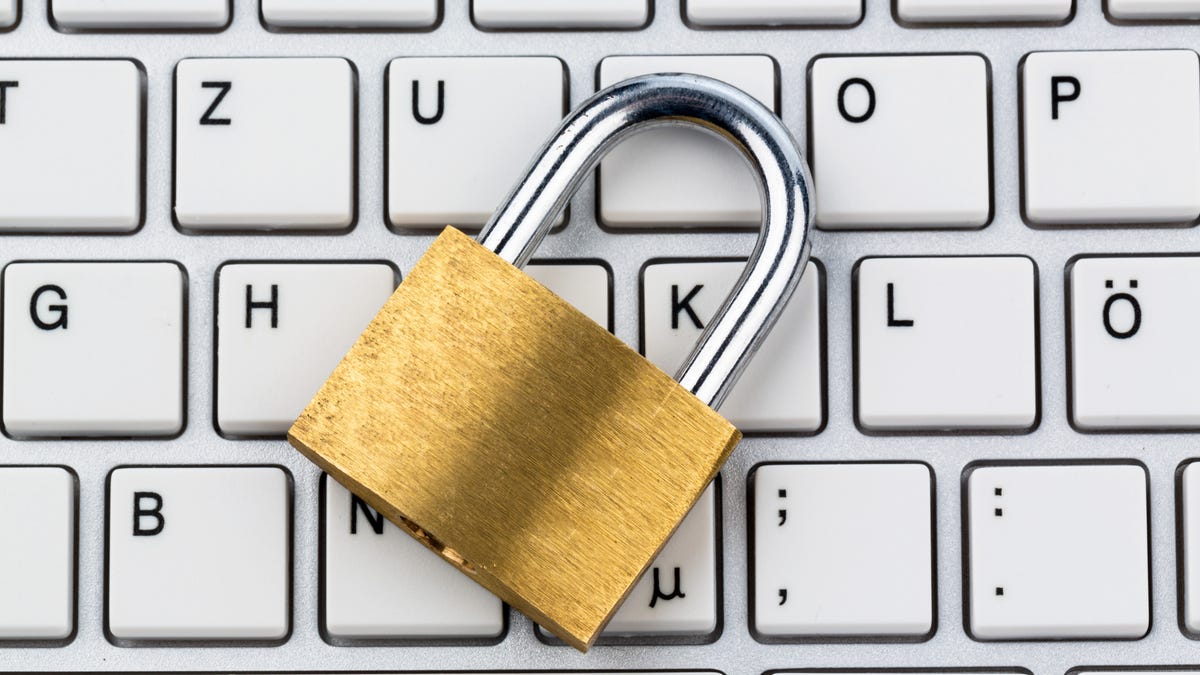US targets Kelihos botnet after Russian's arrest in Spain
The botnet is responsible for millions of spam emails each year, as well as password theft and malware injection.

US authorities are turning their attention to dismantling a massive botnet responsible for sending hundreds of millions of spam emails worldwide each year after the arrest this weekend of the Russian who allegedly operated it.
The US Justice Department said Monday it had launched an effort to take down the Kelihos botnet, a global network of thousands of infected Microsoft Windows computers that carried out spam attacks advertising counterfeit drugs and pump-and-dump stock fraud schemes. It also harvested passwords and infected devices with malware.
The action was announced after authorities arrested Peter Yuryevich Levashov, a Russian citizen, in Spain on Friday. Levashov, who allegedly operated the botnet since 2010, was arrested in Barcelona for his alleged role in hacking the US presidential election last year. Russia denies interfering with the election.
Levashov, 36, was described in court papers made public Monday as "one of the world's most notorious criminal spammers." He currently ranks as No. 7 on the World's Ten Worst Spammers list, according to spam-tracking group Spamhaus.
To liberate computers from the botnet, US authorities obtained court orders allowing them to establish substitute servers controlled by the FBI. They then blocked commands sent from the botnet operator to regain control of the infected computers. The action was made possible by changes to federal laws that allow the FBI to obtain a single search warrant for computers in multiple jurisdictions at once, including those overseas, the department said.
Virtual reality 101: CNET tells you everything you need to know about what VR is and how it'll affect your life.
Batteries Not Included: The CNET team shares experiences that remind us why tech stuff is cool.

